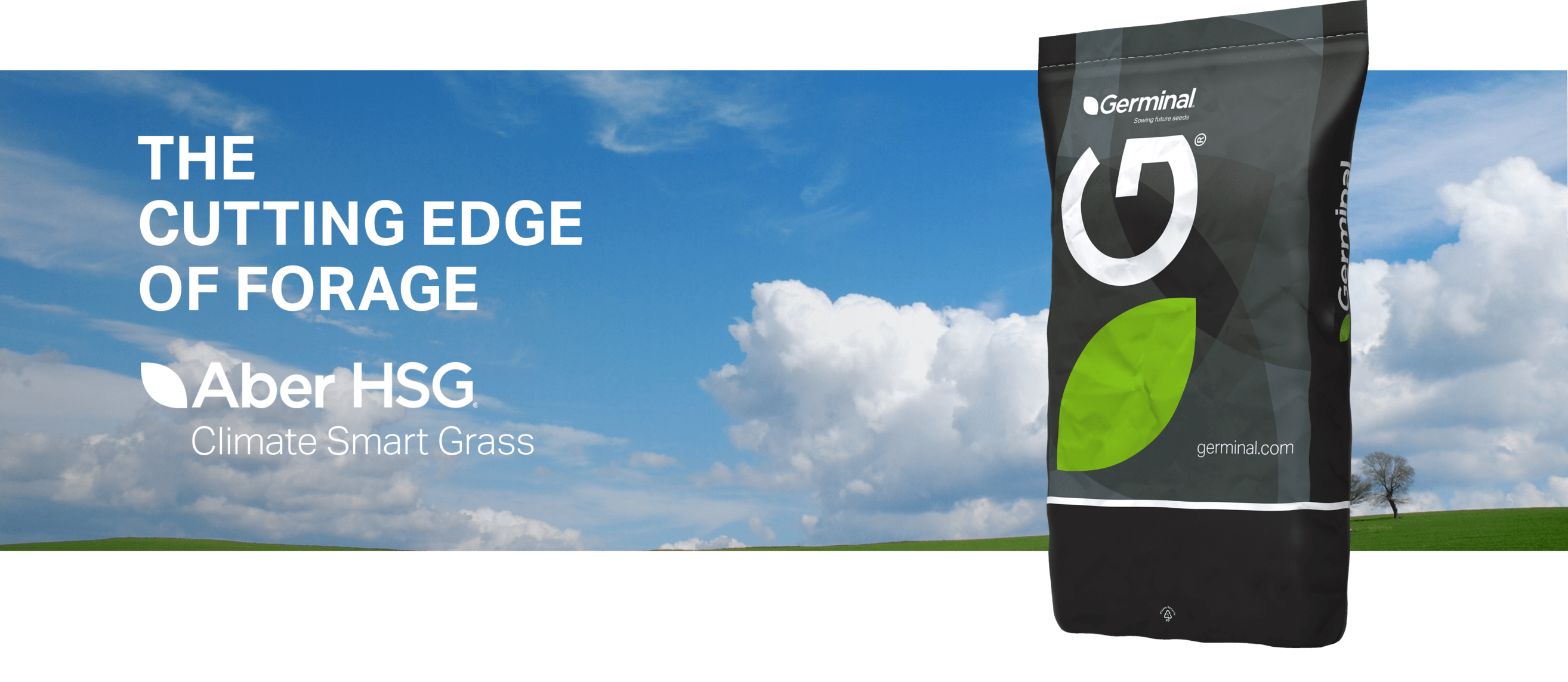
THE BEST IN NEW ZEALAND & INTERNATIONAL EXPERTISE
At Germinal we believe the future of sustainable agriculture lies with science.
We have established a new, long-term research alliance with the Institute of Biological, Environmental and Rural Sciences (IBERS) in Wales. This exclusive partnership means Germinal now employs and directs a team of researchers at IBERS, who are focused solely on developing new pasture varieties to help farmers address current climate change challenges.
This cutting-edge science will strengthen what Germinal is already doing on the ground here in New Zealand, providing farmers with access to world-leading advances in plant breeding.
From lab to paddock, we advocate strategies that support efficiency and sustainability, while maintaining productivity.
New Zealand farmers are facing their biggest challenge yet – to continue farming efficiently and profitably, while simultaneously reducing their environmental impact. The Government is calling for strong and decisive action on climate change, setting new methane reduction targets to reach by 2050.
We know farmers are already making significant improvements to reduce emissions. By introducing innovative new products we can help farmers further mitigate and adapt to climate change effects, while supporting them in their role as producers and caretakers of the land.
One of our key research objectives is to develop varieties that are more resilient to pests and environmental stress, and remain productive over longer periods.
Science is the key to ensuring New Zealand’s primary sector is viable in a low-carbon world.
INNOVATIVE PASTURE FIT FOR THE FUTURE
FORAGE RESEARCH
PROJECT AREAS
Capturing
carbon
At least 60 percent of New Zealand’s high-producing grasslands (those on less than 20 degree slopes) have potential to store more carbon and help reduce greenhouse gas emissions – according to the Agricultural Greenhouse Gas Research Centre.
Diverse pastures that put carbon back into the soil will help ensure we protect this resource for food production. Grassland can be a key driver for carbon capture and a better soil structure.
Stronger and deeper rooting of grasses and clovers
DROUGHT RESISTANCE / FLOOD CONTROL
Disease and pest resistance
IMPROVED TOLERANCE
More resilient grasses and forage legumes
LONG TERM CARBON STORAGE
Reducing
emissions and improving nutrient efficiency
Grasses with a greater yield per unit of nitrogen applied
REDUCTION IN NITROGEN USE
Clovers which require less applied phosphate
IMPROVED WATER QUALITY
Aber High Sugar Grasses
REDUCTION IN METHANE AND AMMONIA
Aber High Lipid Grasses
REDUCTION IN METHANE
Productive home
grown protein
Red clover’s yield and nutritive benefits make it excellent for livestock production and a rich source of nectar for pollinators.
PEST AND DISEASE RESISTANT
Unique stoloniferous red clovers
REDUCTION IN APPLICATION OF MINERAL NITROGEN
Clover species high in tannins
GREATER GRAZING TOLERANCE
SAFER ANIMAL GRAZING
INNOVATION IN THE MARKET
Grass is at the heart of livestock farming and is a vital part of quality milk and meat production.
Aber High Sugar Grass (Aber HSG) is scientifically proven to reduce emissions. A New Zealand trial reported nine percent lower methane emissions from sheep fed high sugar grass, such as AberGreen AR1, when compared to a conventional variety.
For farmers, Aber HSG is superior nutrition for animals with clear environmental benefits and production gains.
For more information on our research projects, or if you would like to build a sustainable partnership with Germinal New Zealand, please contact:
Simon Larsen, General Manager, Germinal New Zealand

